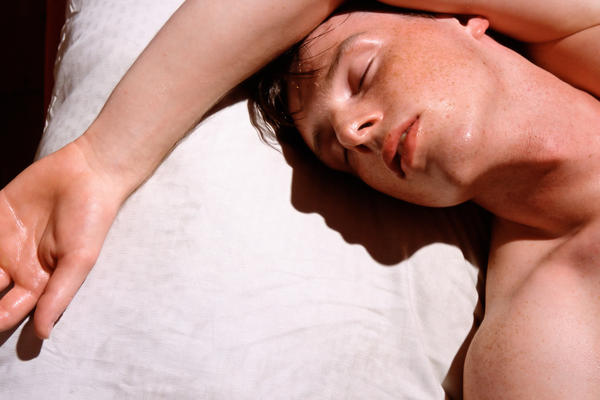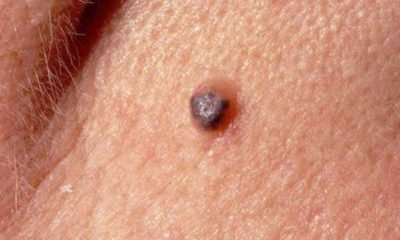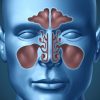Waking Up Soaking Wet? 10 Common Causes of Night Sweats
Waking up drenched in sweat is unpleasant at best. Soaked sheets and pyjamas combined with the confusion of still being half asleep is something no one wants to experience. If you’ve tried sleeping in a cooler environment and are still experiencing reoccurring bouts of sweating at night which don’t occur during the day; then you may have a condition known as sleep hyperhidrosis.
The layman term for this condition is, of course, night sweats. About three percent of Americans suffer from mild to sever instances of heavy sweating, which disrupts sleep patterns and can cause a myriad of ripple effects. Over time, if left undiagnosed, sleep hyperhidrosis can cause serious issues with a persons’ social, emotional and occupational stability.
The best way to rid yourself of night sweats is to figure out why you’ve got them in the first place. In many cases, your body will exhibit other symptoms that are clues, pointing to possible unknown ailments or conditions. Below is a list of the most likely reasons you, or someone you know, might be experiencing night sweats.
1. Anxiety

Anxiety sufferers already know how hard it can be just to get to sleep at all, let alone the idea of getting a good nights sleep. Being overwhelmed by anxiety and stress activates chemicals in your body that brings blood and oxygen to your major organs. We call it fight or flight and makes it incredibly hard to relax, which is key to finding sleep.
The problem is that night sweats brought on by stress creates a cycle where the afflicted become anxious just thinking about sleep. The best way to deal with this is to set up a before-bedtime-routine to get you in the right mindset. Meditation, soft music and lights can have a profound effect on the mind and body, releasing chemicals to help you drift away into slumber. For those with more serious issues, there are medications which, if taken correctly, can safely help you sleep at night.












